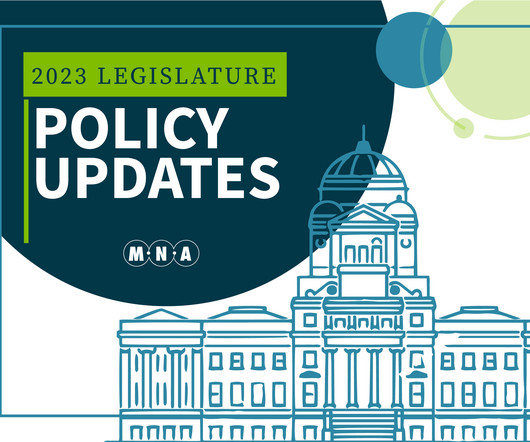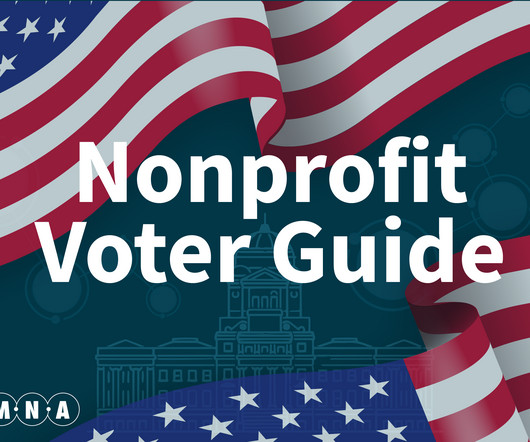Reimagining the Role of Business in Protecting Biodiversity
Stanford Social Innovation Review
FEBRUARY 26, 2024
Biodiversity Loss and Global Corporations The imminent loss of one million species presents a grave threat, impacting human health, food security, rural communities worldwide, and over half of the global GDP. pollinator gardens) into areas under commercial, residential, agricultural, or other uses can offer meaningful benefits.

















Let's personalize your content